STEMpowering Youth: 4th cycle finalists!
One of the main goals of the STEMpowering Youth extracurricular program is to allow students to apply their new skills to the real world, using scientific thinking to address local social and environmental challenges -and applying their imagination and creative thinking to design and build their own innovative technological solution.
In order to encourage this goal, SciCo has created the STEMpowering Youth Innovation Contest. Every student taking part in the program can participate in the contest individually or as part of a team, by creating a project that fulfills the following criteria:
- provides a solution to a problem of the local community
- is innovative
- is presented in a creative and inventive way
At the same time, students are encouraged to utilize Arduino microcontroller programming, create a project associated with telecommunications and app development (Apps) or address an environmental challenge, for example the application of renewable energy.
The competition was stiff- and the choice was difficult. But three teams stood out and were selected as finalists, moving on to the next stage of the competition where they will claim the grand prize, an educational trip to CERN! The three finalist projects of the 4th cycle are:
ArTUNEino: The musical ear- Lixouri
Fotis and Anastasia, students of the Lixouri High-School, under the supervision of their professor Christos Smaragdakis, decided to bring innovation a local traditional profession, "modernizing" one of the oldest local institutions: The Philharmonic School of Lixouri! The Philharmonic School was established in 1836 and has since kept a continuous presence in the island's (and the country's) cultural scene. Our two young and musically inclined inventors turned to the band's maestro and ascertained the Philharmonic's technological needs. Taking his suggestions into account, the sought a way to tune the band's instruments with high accuracy- not provided by commercialy available tuners. Using the Arduino microcontroller and necessary sensors, the two students built "ArTUNEino: The musical ear" a working prototype of a tuner that measures frequencies produced by musical instruments with high accuracy and displays the value on an LCD screen- while commercialy available tuners only have an indicator of deviation from the right tone and do not display actual frequency! To built their prototype Fotis and Anastasia conducted inter-disciplinary research around sound production and measurement, and used their knowledge to optimize the calibration of their device. Their prototype was successfuly tested during band practice. Due to its low cost, its innovation and easy-to-make and use components, their ArTUNEino could be used by other philharmonic bands, musicians and conservatories.
Parking Assistant App-Komotini
Who among us hasn't wasted hours of their life looking for an available parking spot? Parking is an issue of concern for every city, be it a metropolis or a smaller urban center- causing traffic congestion, atmospheric and noise pollution as well as great annoyance. Korai and Stelios, our two young inventor from Komotini, under the supervision of their educator Giannis Malamidis decided to take aim at this problem, creating a parking assistant application. Their project consists of two parts: the first is a prototype-model of a parking area with appropriately placed metal-detecting sensors which locate occupied parking spaces. The second is an accompanying smartphone app, which communicates with the sensors through the Arduino microcontroller and informs the user about available spaces- so they don't have to come close to check! The two students performed their own "market research", choosing the microcontroller chip that offered the required functions, and adjusted the materials used to optimize the result. This project combines a functional prototype model (a basic component of every engineering project) with two different technologies which come together to offer a functional solution that could be applied in a real-world setting at low cost!
Automated breathalyzer for cars
Our country sadly tops statistics for alcohol related traffic accidents. The local community in Rhodes, an island which has mourned too many victims to drunk driving, is especially attentive to this imponrtant issue. So it's not surprise that student groups on the island are inspired from international journals and available applications of Arduino programming in order to create their own projects aimed at combatting drunk driving!
Tsambika, Tsambika-Christina and Stamatia-Panagiota, under the supervision of their educator Panayotis Sarandis used the Arduino microcontroller to program their own "automated breathalyzer for cars". Their prototype model connects with a car ignition and is equipped with an ethanol sensor and an LCD screen. When the driver places the key in the ignition, they are invited to state their name- if the appropriately placed sensor picks up alcohol in their breath, the Arduino prevents the car from starting. With this project, the three young inventors applied their new knowledge on Arduino to create their own version of a project that could save lives- an effort which always deserves recognition!
The three teams, aside from moving on to the next phase of the competition will also receive an award of their choice, like a 3D Doodler Pen or an Arduino Robotic Vehicle!
Only three teams qualify for the final stage of the competition- however, in this case, all teams are winners. We are proud of our STEMpowering Youth students who gave their energy, creativity and time in oder to create great projects that face issues and needs that touch not only their local communities, but every one of us.
Congratulations to all students and educators on their amazing effort! We are sure that your journey in STEM is just beginning!
 English
English Ελληνικα
Ελληνικα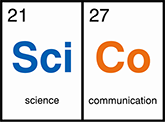
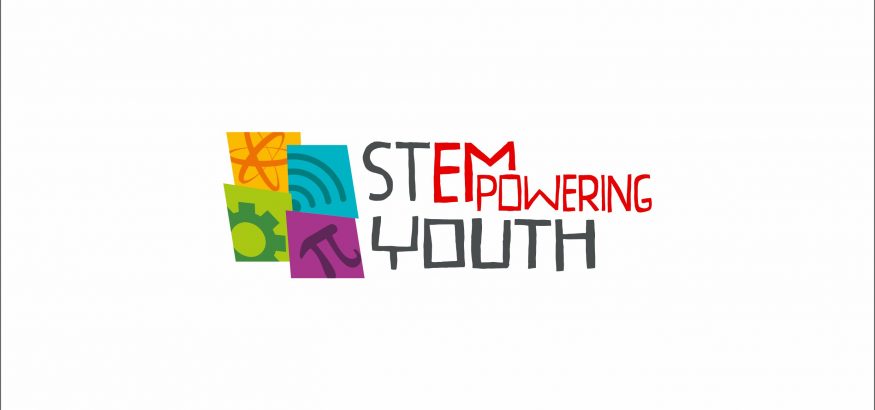
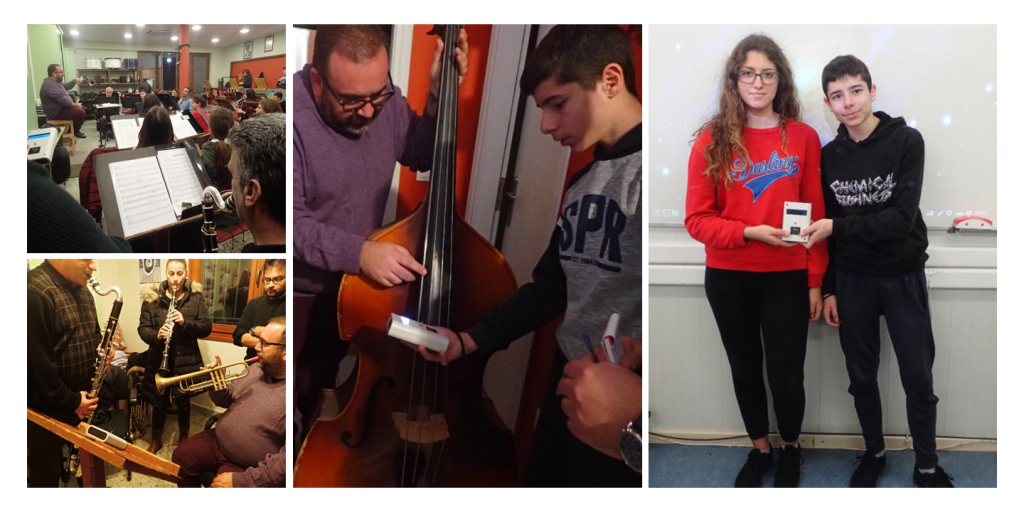
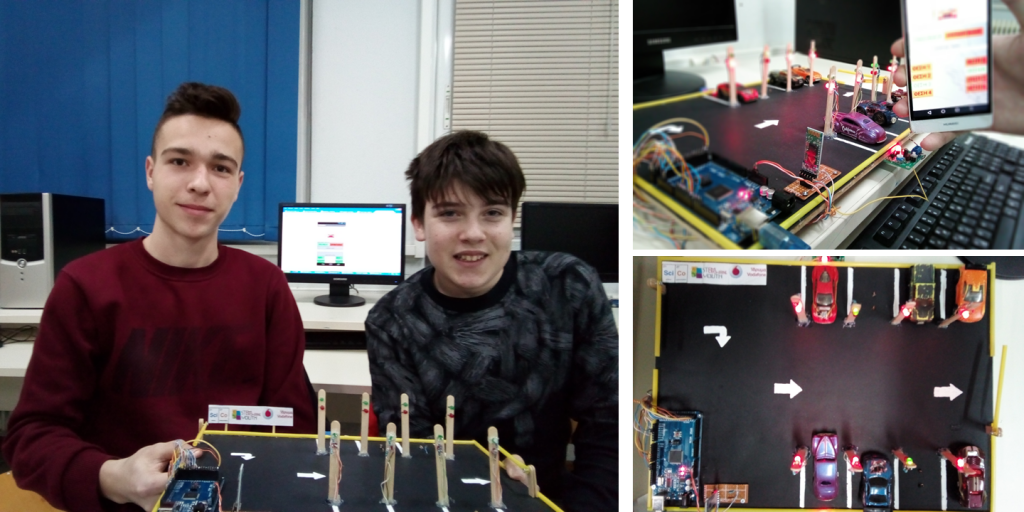
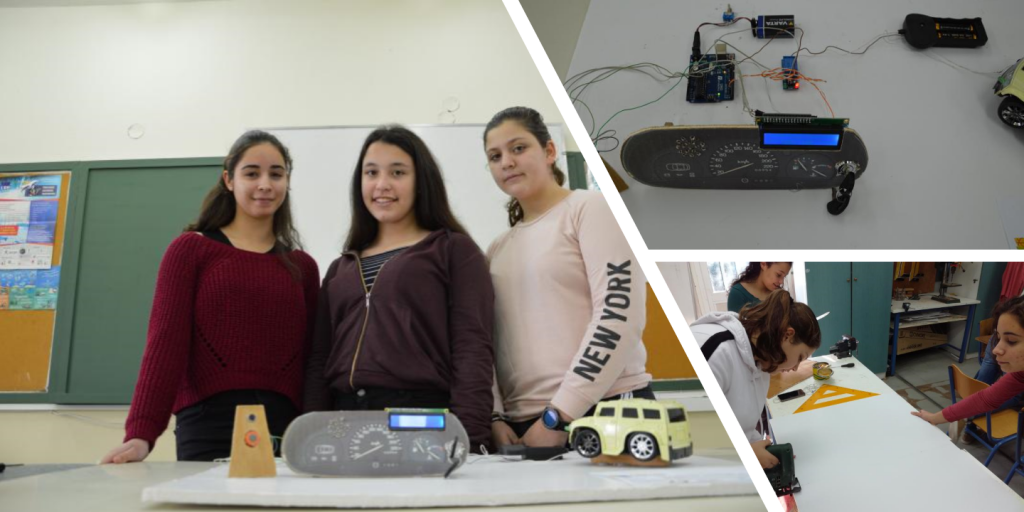
Comments are closed.